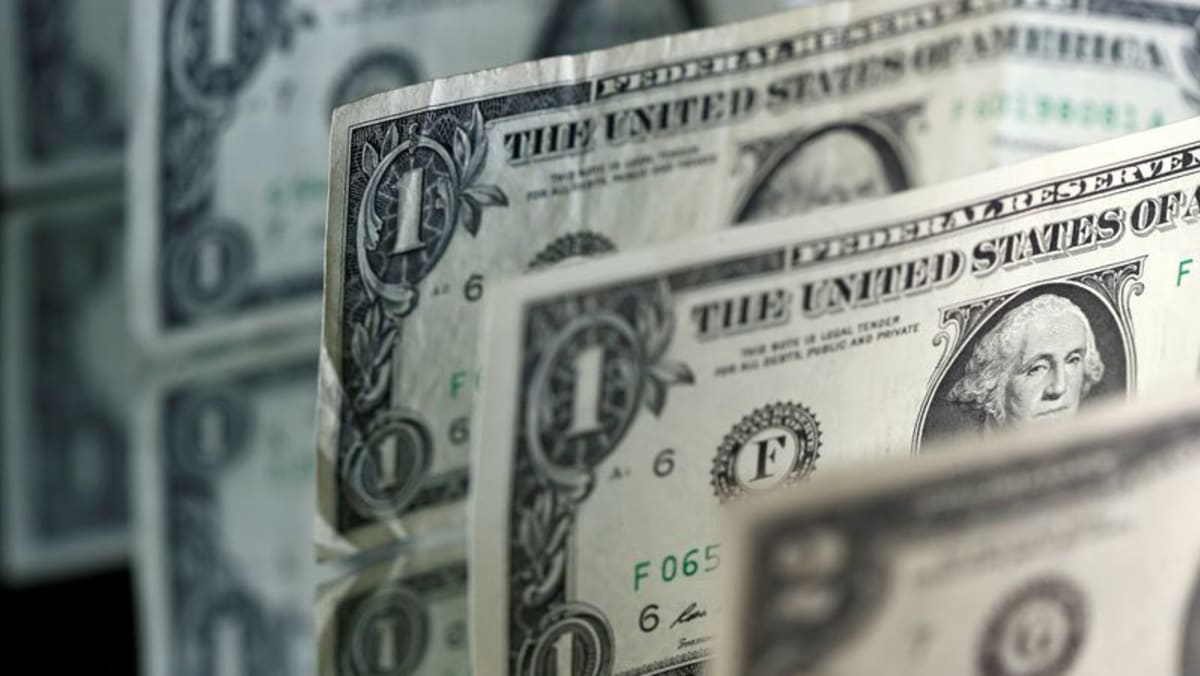SEOUL: South Korea's economy unexpectedly contracted 0.1 per cent in the first three months of this year, the Bank of Korea said on Thursday (Apr 24), as the country reels from months of political chaos and heightened trade tensions.
US President Donald Trump's threatened 25 per cent "reciprocal" tariffs on export-dependent South Korea have rattled Asia's fourth-largest economy, sending Seoul-listed shares tumbling and pushing the currency to its weakest level since 2009.
The country is also still emerging from a political crisis triggered by former president Yoon Suk Yeol's December attempt to suspend civilian rule, which culminated in his impeachment and removal from office this month.
"Real gross domestic product (GDP) fell by 0.1 per cent compared to the same period last year," the central bank said in a press release Thursday, adding that it fell by 0.2 per cent from the previous quarter.
"Two developments hit confidence and the economy – fallout from former President Yoon Suk Yeol's failed martial law attempt and worries about shifts in US trade policies," said Hyosung Kwon, an economist at Bloomberg Economics.
"Looking ahead, we see the economy rebounding in the second quarter of this year, helped by easing political uncertainty at home. But the recovery will likely remain fragile as elevated US tariffs weigh on external demand," Kwon added.
DENTED EXPORTS
The country's economy expanded 1.3 per cent in the first quarter of last year but grew less than expected in the fourth quarter, as the fallout from Yoon's declaration of martial law hit consumer confidence and domestic demand.
According to the Korea Customs Service, as of mid-April, the country's exports had dropped by more than 5 per cent compared to the previous year, with declines reported in nine out of the country's ten major export categories excluding semiconductors.
The sharpest fall was in exports to the United States, which fell by more than 14 per cent.
This week, the International Monetary Fund sharply revised down its growth forecast for South Korea this year, cutting it from 2 per cent to 1 per cent.
"The South Korean economy is facing structural burdens of high inflation and a weak won-dollar exchange rate, and under this dual pressure, a slowdown in growth is becoming increasingly evident," Kim Dae-jong, a professor at Sejong University, told AFP.
Last week, Bank of Korea governor Rhee Chang-yong said the country's annual growth rate is now "expected to fall short of the 1.5 per cent forecast made in February".
"The tightening of tariff policies, which is much stronger than initially projected, will likely further weigh on growth prospects," he told reporters in a press conference.
He added that "political uncertainty has dragged on longer than expected, delaying the recovery of economic sentiment."
Sluggish domestic demand, along with factors such as large-scale wildfires which tore through swaths of the country's southeast in late March, had also contributed to the downturn, Rhee said.


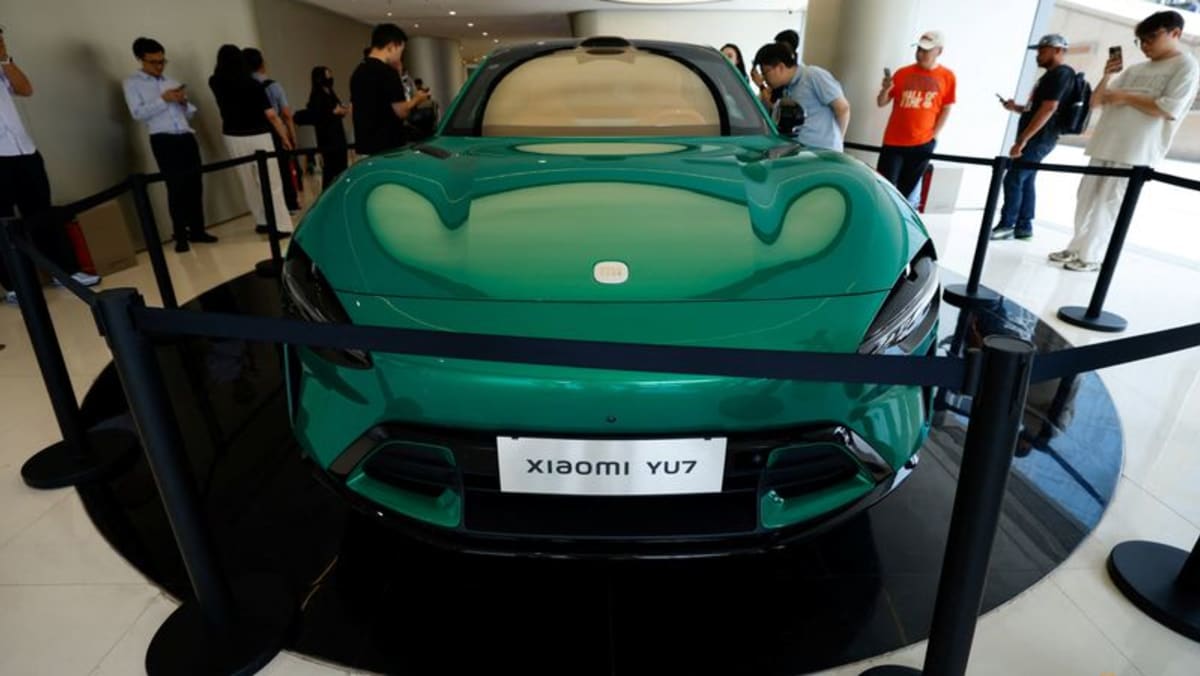
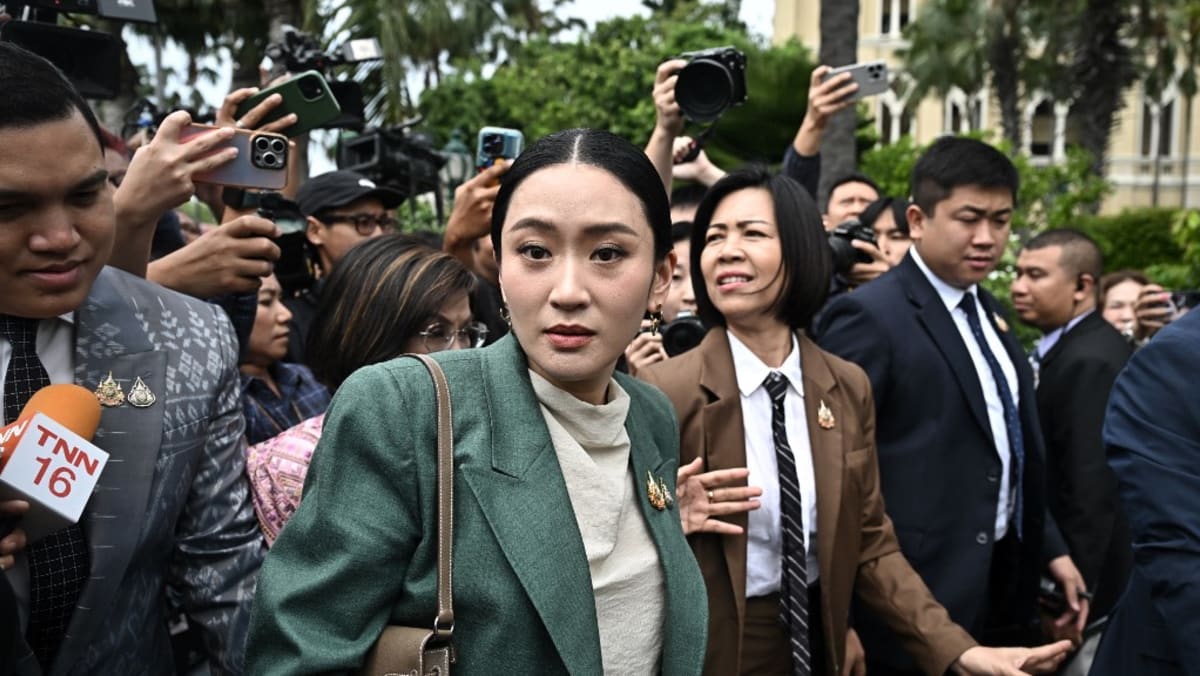
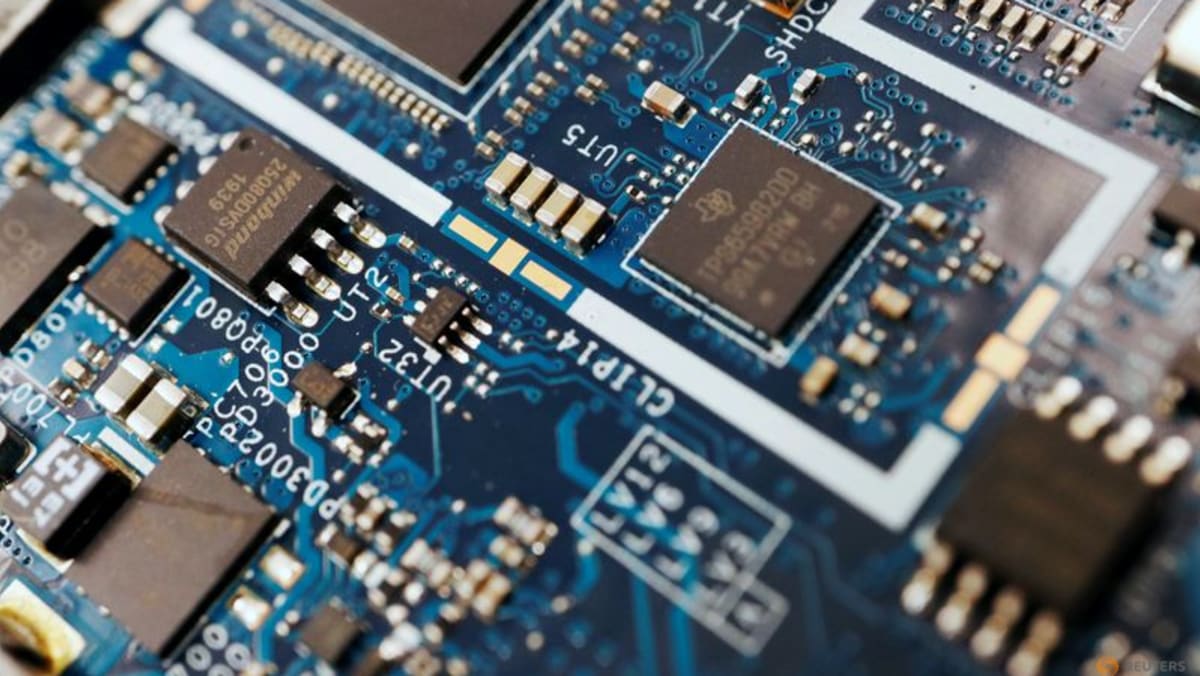

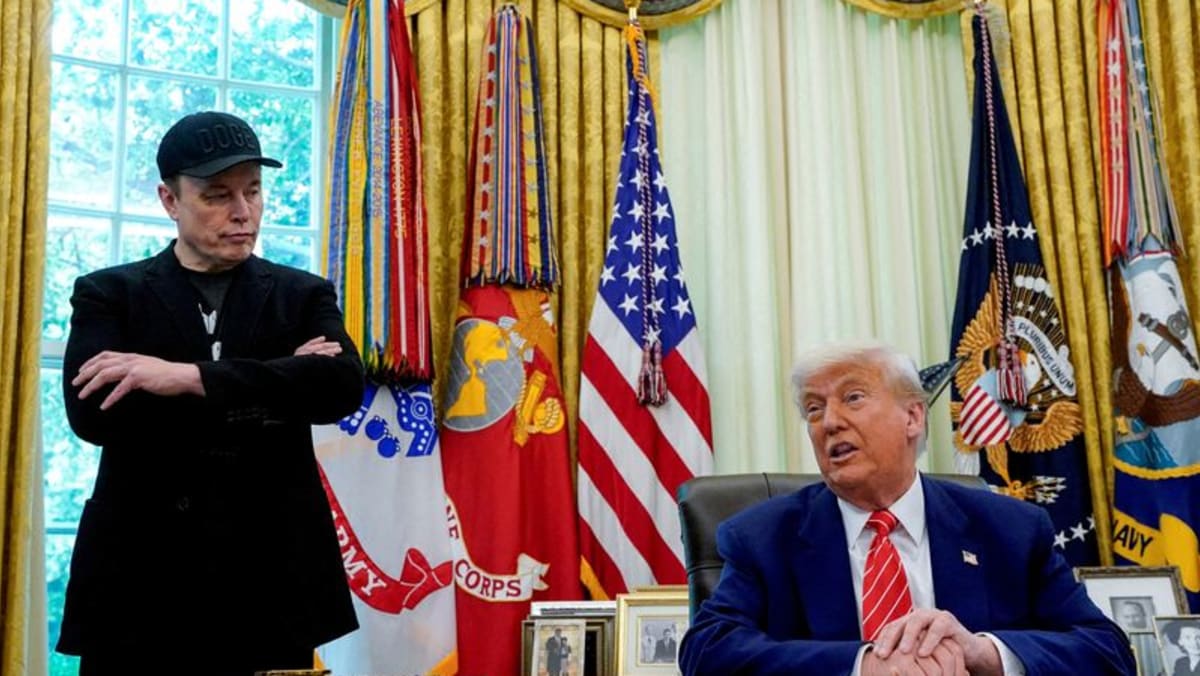

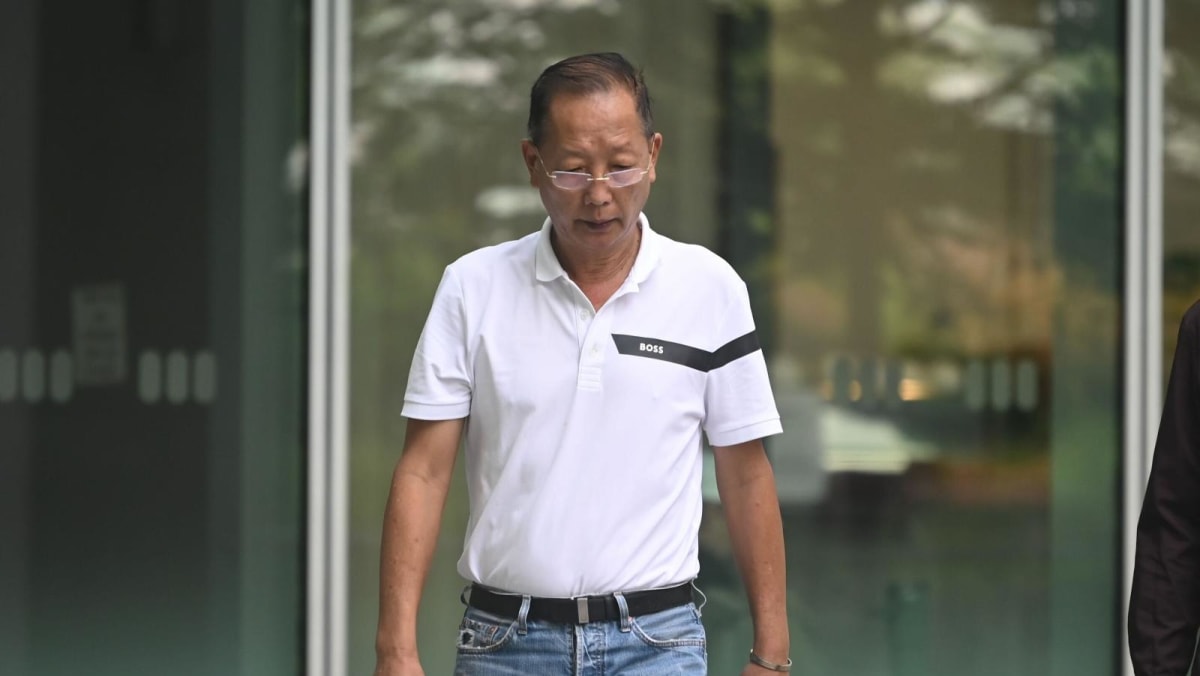
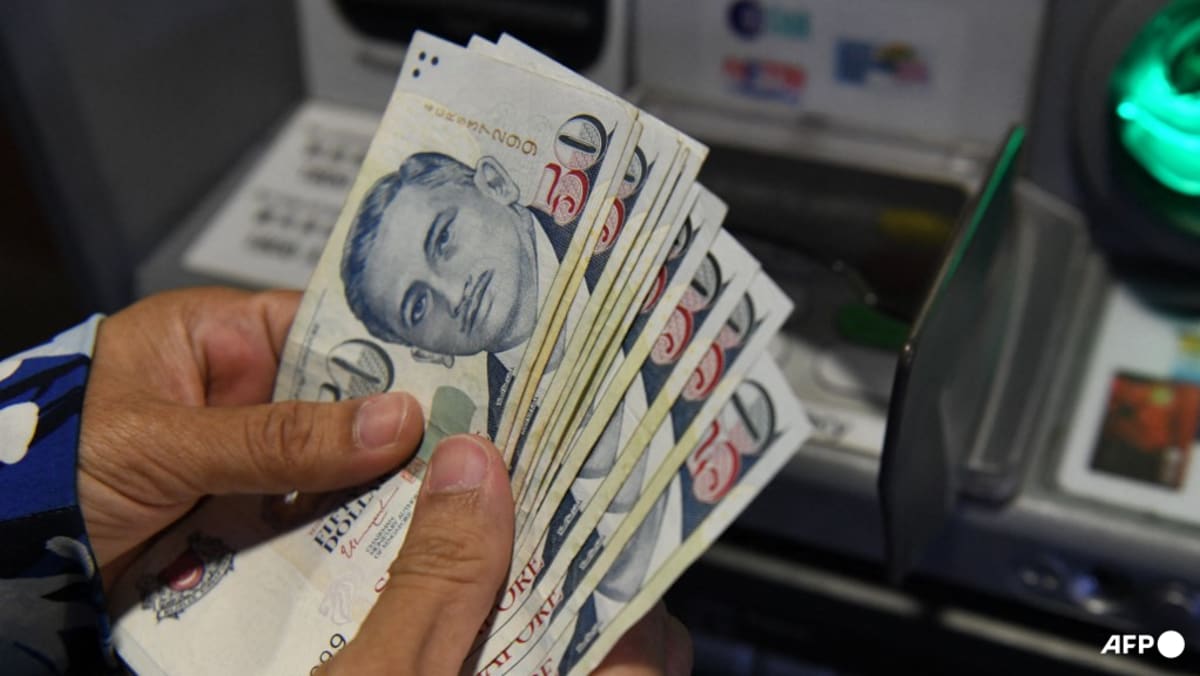
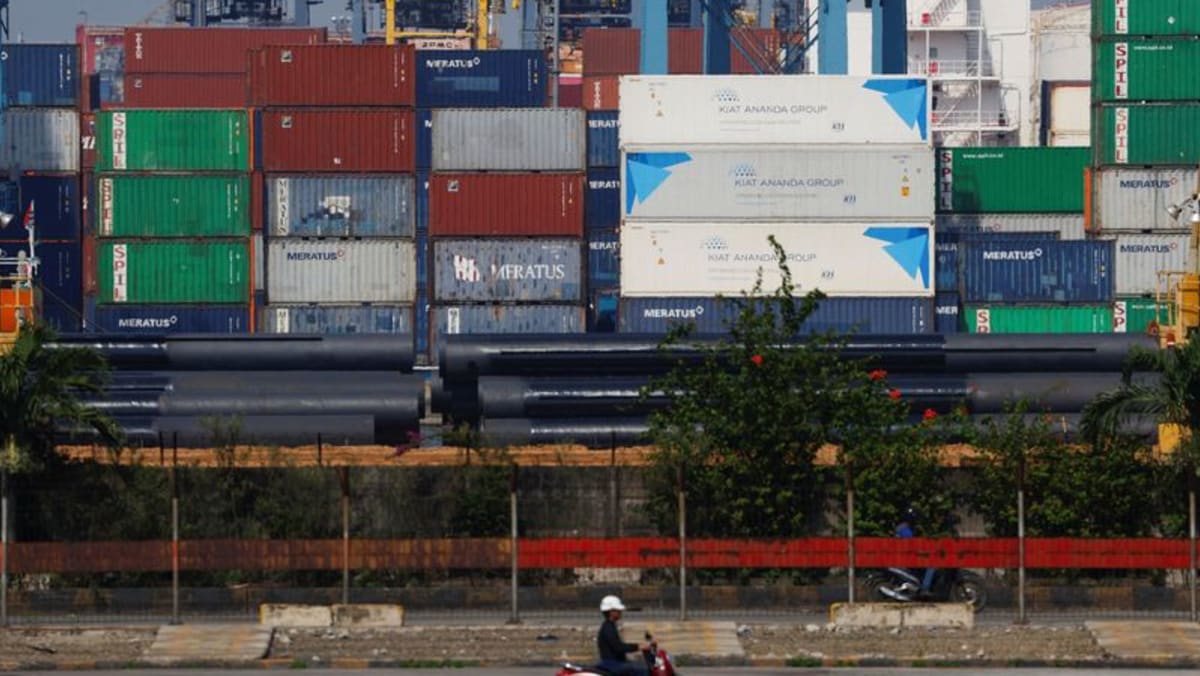

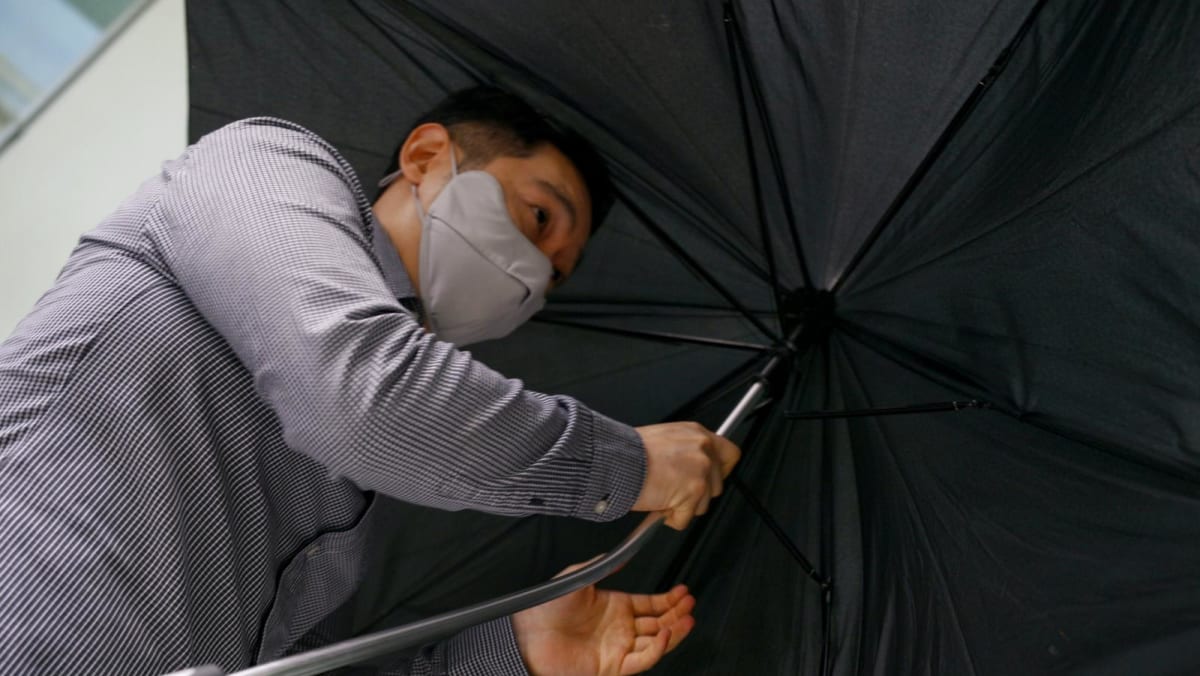

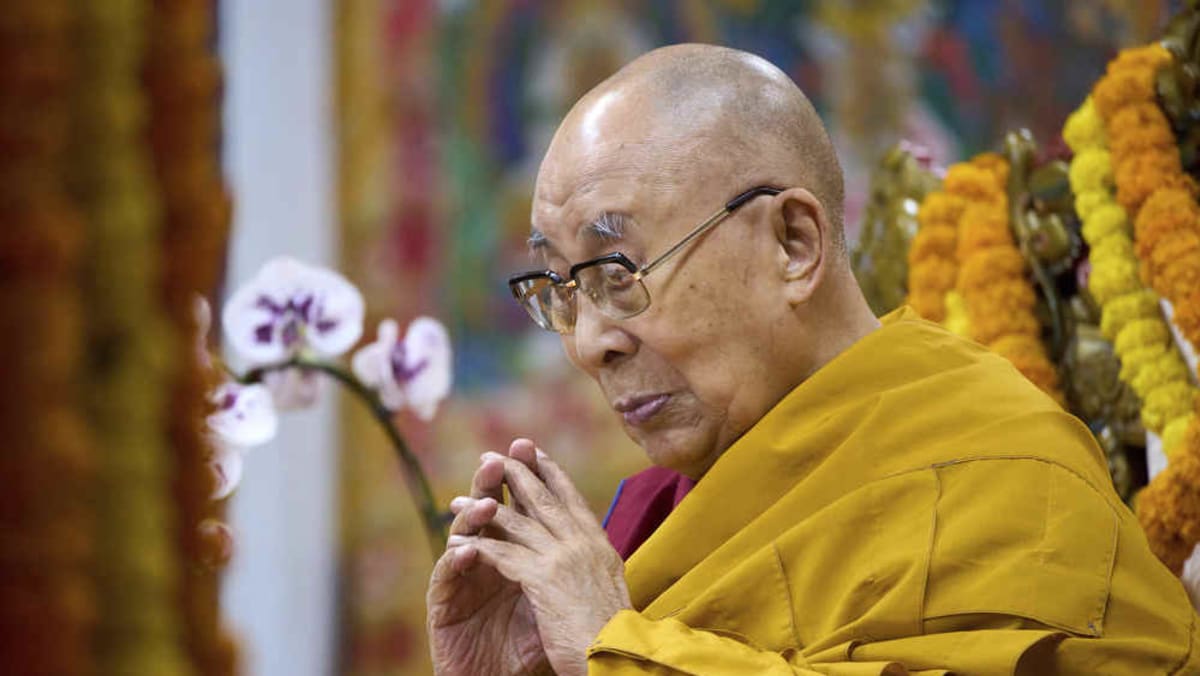


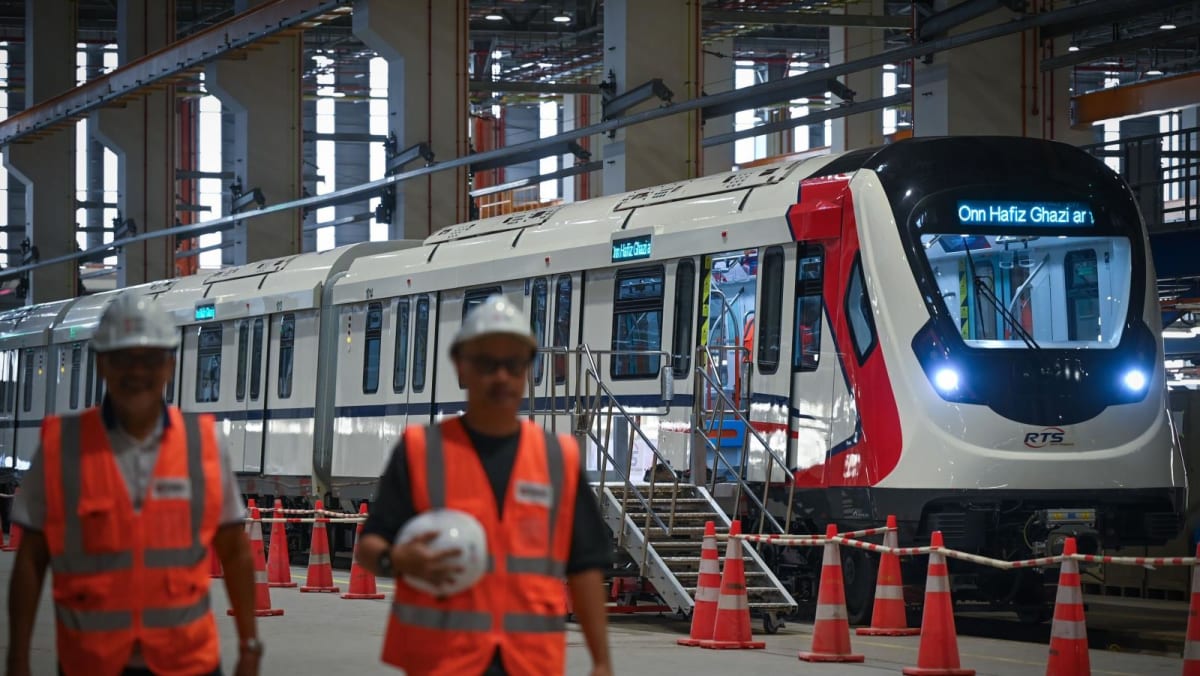
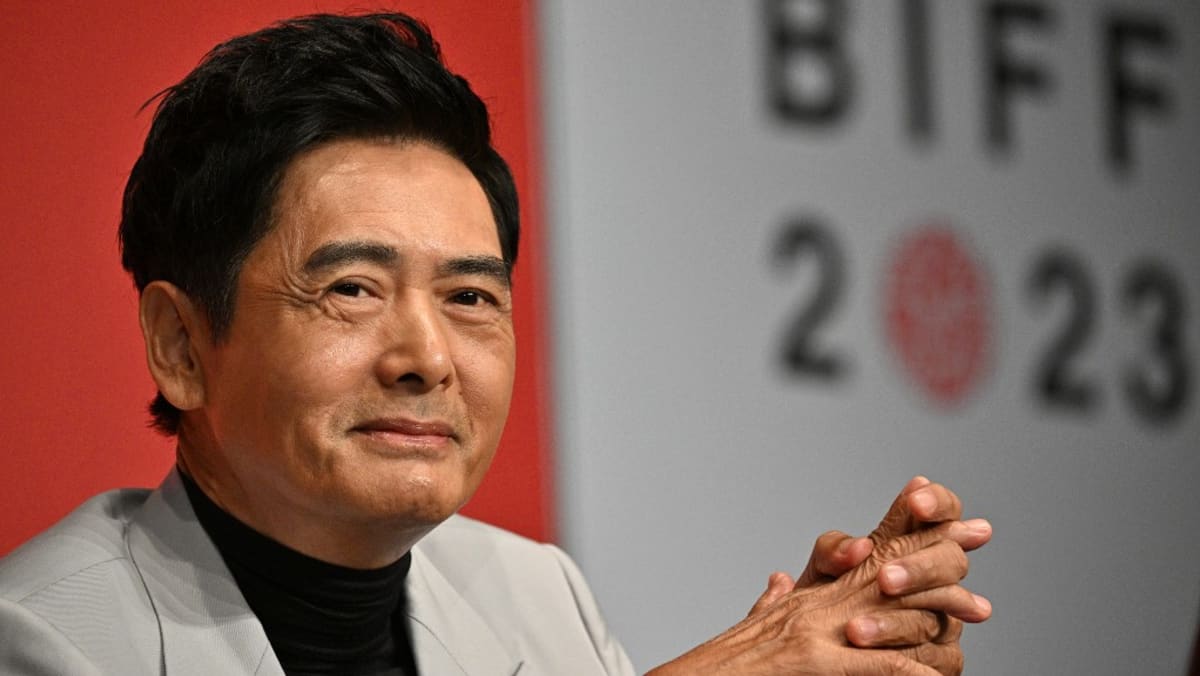
















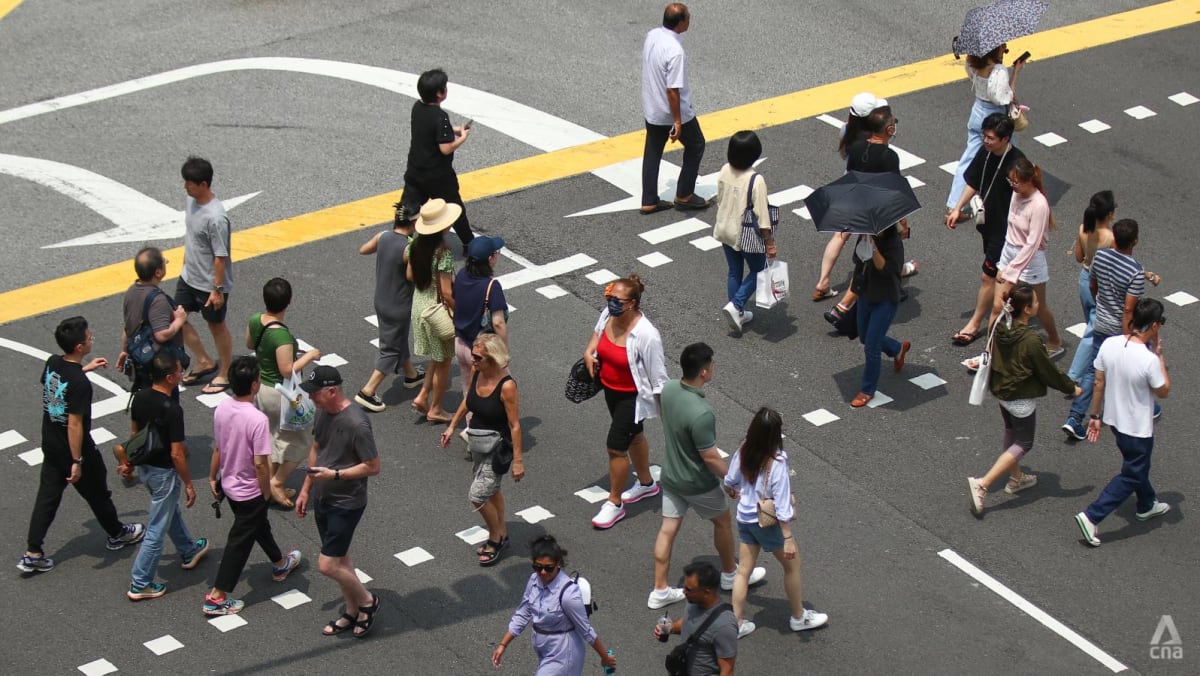










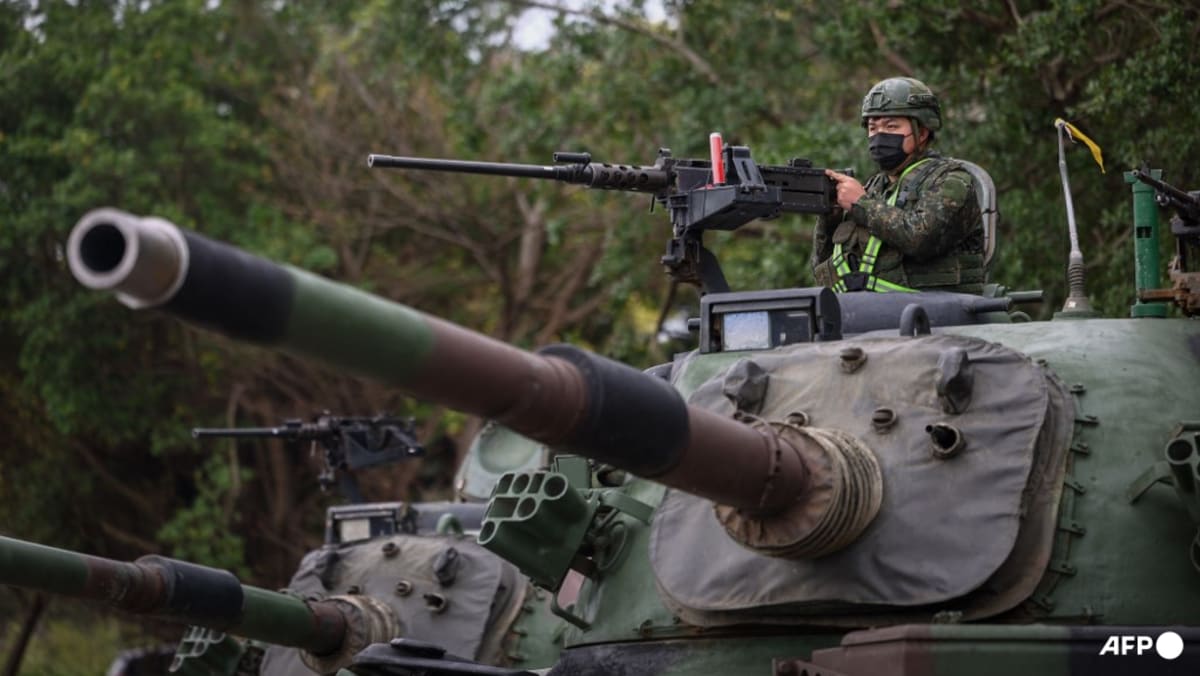


.png?itok=erLSagvf)
